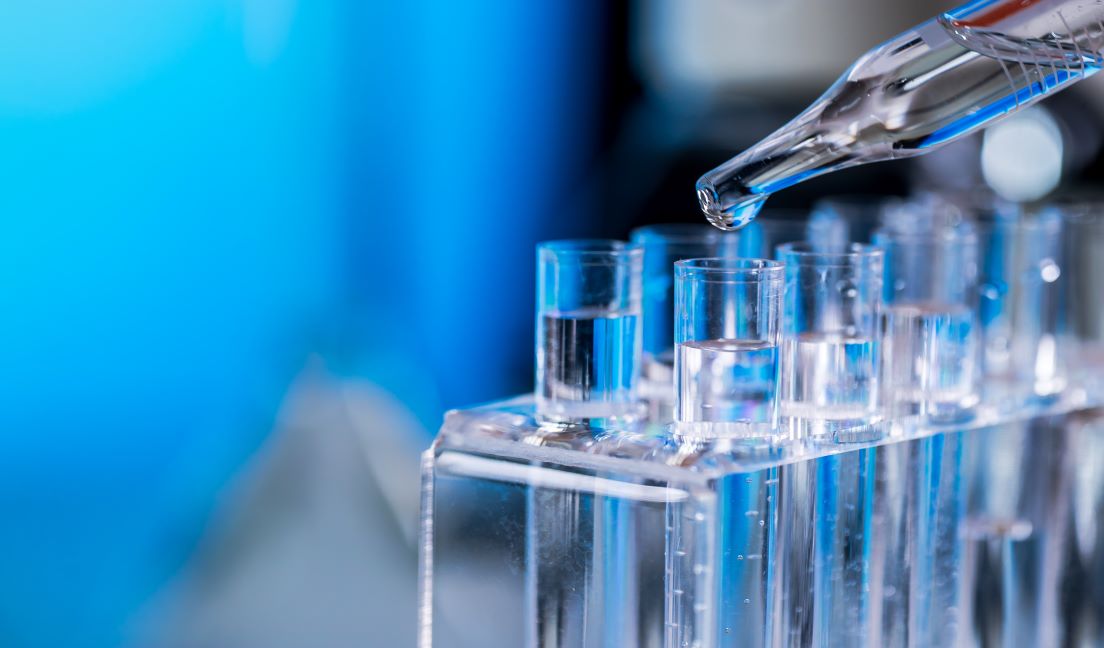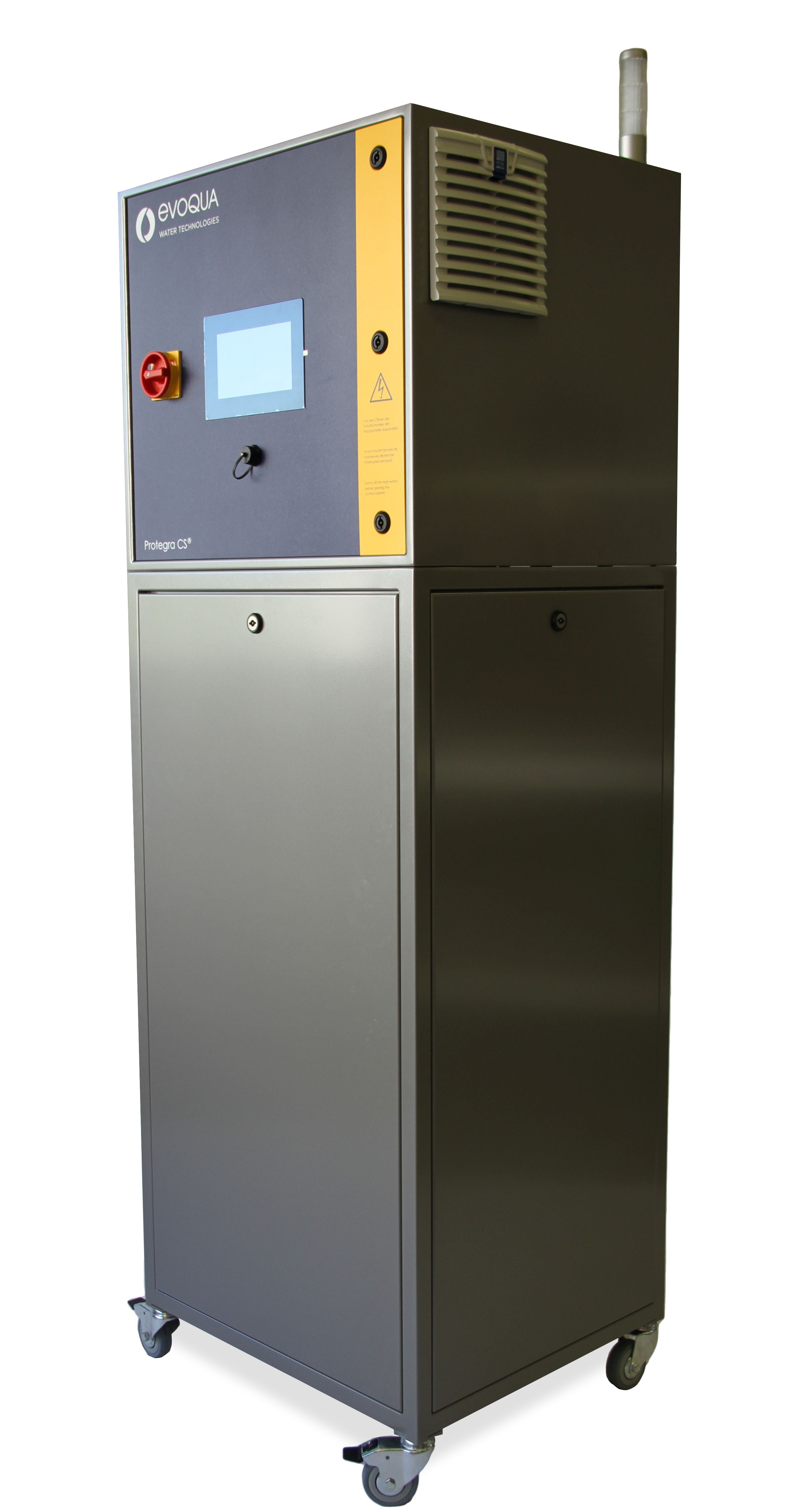In our second blog on high purity water, we answer some of the commonly asked questions about deionisation systems and their use in a laboratory environment. With the need to supply high purity water with efficient and consistent output, laboratories can benefit enormously from high performance and digitalised deionisation solutions.
What necessitates water deionisation in a laboratory environment?
Whether working in an academic or industrial laboratory, access to a reliable source of high-quality, chemical-free and deionised water is critical. Whether operating in the medical sector or manufacturing, safe and effective water requires an optimised treatment system tailored to the facility and applications.
As many readers will be aware, deionised water is a purer form of water with many of the common ions removed. Typically, in municipal water supplies, this includes elements like calcium, magnesium, and sodium. The degree of treatment required depends on the feed water.
What’s the most sustainable way to achieve deionisation?
One of the most reliable and sustainable methods is through reverse osmosis (RO). Removing up to 99.9% of contaminants, RO is a chemical-free, safe way to achieve high purity water – perfect for laboratory use. With the right technology, such as Evoqua’s Protegra CS® Pro RO EDI system, energy use is more efficient to support an organisation’s sustainability initiatives and help manage energy costs.
Why are centralised deionisation systems better?
In larger sites or those with multiple laboratories, a centralised system can substantially reduce operational costs. For example, a single Protegra CS Pro RO EDI system could meet the deionised water requirements of a multi-level, multisite, laboratory facility, all from a single, dependable source. A centralised system means that all designated end users can draw from a controlled source. Not only does this consolidate multiple systems into one, but it minimises maintenance requirements and occupies a much smaller total footprint. This can be enhanced further with systems that offer smart management and oversight capabilities, like the Protegra system.
What are the latest deionisation systems that Evoqua offers?
Evoqua is a world leader in water treatment technologies and is trusted in laboratories around the world. Our popular Protegra RO EDI system recently received an enhanced update, maintaining its position at the forefront of laboratory and industrial RO EDI technology. The all-new Protegra CS Pro RO EDI system builds upon the previous generation’s success and has been designed to reliably supply consistent high volumes of laboratory-grade deionised water with minimal downtime and maintenance requirements.
The Protegra CS Pro RO EDI series offers consistent water quality of up to 0.055µS/cm at 25°C, for flow rates ranging up to 500 litres per hour and achieves a conductivity of less than 0.07µS/cm.
What are the advantages of the new Protegra systems?
The new Protegra CS Pro RO EDI system uses the high-performance Ionpure™ CEDI cell technology. This new development serves two purposes; it increases the quality of output water and simultaneously improves energy efficiency over the previous generation. Designed to be extremely robust and durable, the new systems help to reduce operating costs with long service intervals and reduced annual maintenance requirements.
In addition to exceptional system performance, Protegra CS Pro RO EDI units can communicate with building management systems (BMS) using the Modbus® interface. This integration allows for real-time monitoring and user notifications, ensuring that users have complete oversight of water quality and can act immediately if an issue arises.
The systems are also easy to use, with a 7-inch touch panel display that puts insight and control at the user’s fingertips. While integration with BMS systems is recommended, data transfer via USB and microSD are also available for data recording and straightforward firmware updates.
If you have any questions on all things water deionisation, contact us at sales.lab.de@evoqua.com

Modbus is a trademark of Schneider Electric

